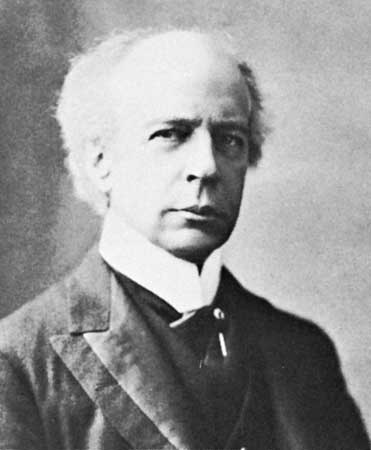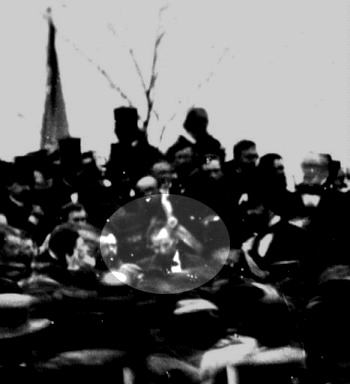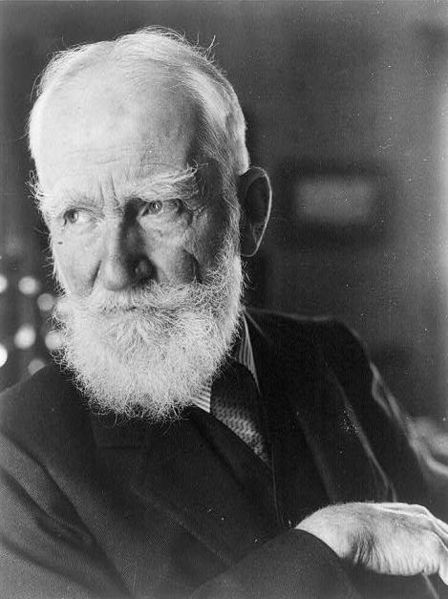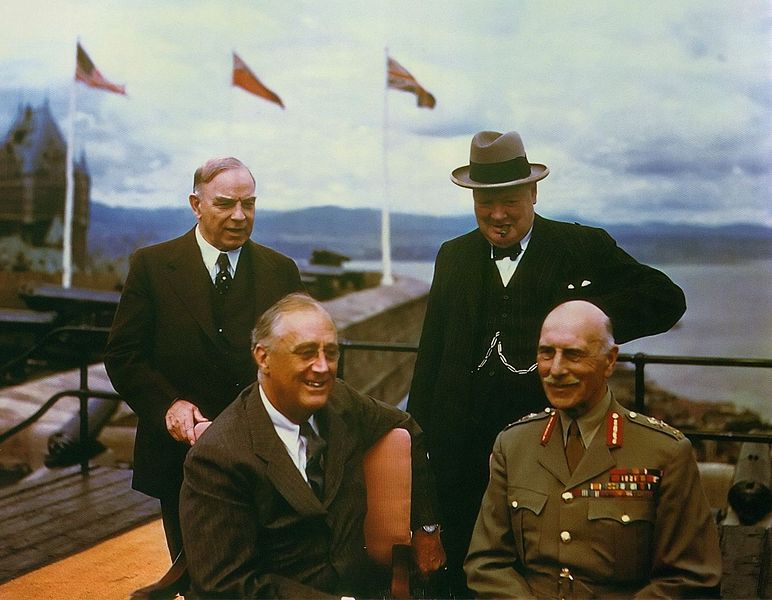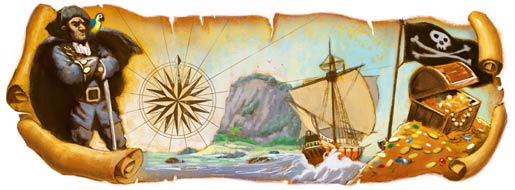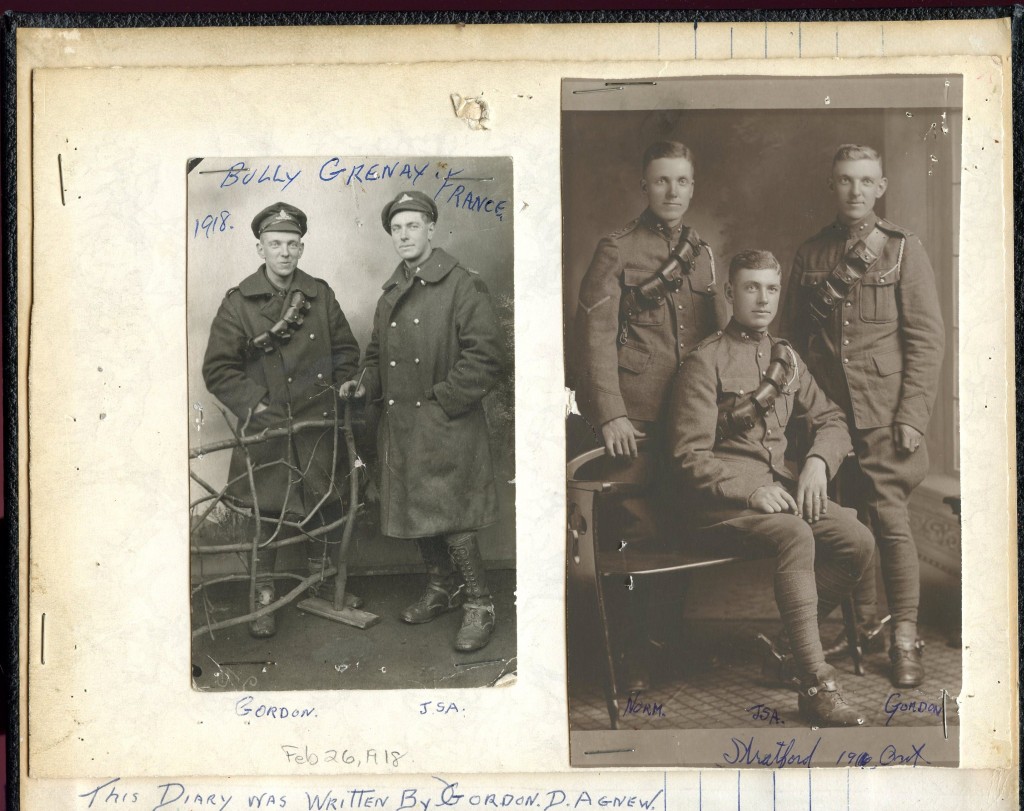httpv://www.youtube.com/watch?v=ZYEu8l6Q5RI
The opening of Aeschylus’ Prometheus Bound (ca. 455 BCE), performed in the original Greek
On this date in 534 BCE Thespis of Acaria became the first actor to portray a character onstage.
Frye in “The Language of Poetry” refers James Frazer’s The Golden Bough to the primitive and popular element of ritual in drama:
The work of the Classical scholars who have followed Frazer’s lead has produced a general theory of the spectacular or ritual content of Greek drama. But if the ritual pattern is in the plays, the critic need not take sides in the quite separate historical controversy over the ritual origin of Greek drama. It is on the other hand a matter of simple observation that the action of Iphigenia in Tauris, for example, is concerned with human sacrifice. Ritual, as the content of action, and more particularly of dramatic action, is something continuously latent in the order of words, and is quite independent of direct influence. Rituals of human sacrifice were not common in Victorian England, but the instant Victorian drama becomes primitive and popular, as it does in The Mikado, back comes all Frazer’s apparatus, the king’s son, the mock sacrifice, the analogy with the Sacea, and the rest of it. It comes back because it is still the primitive and popular way of holding an audience’s attention, and the experienced dramatist knows it. (CW 21, 220)
